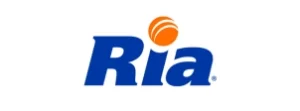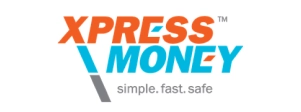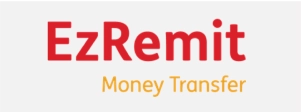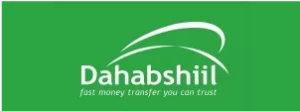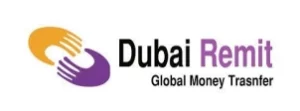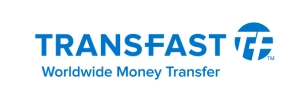ATM/Credit/Debit Card Fraud
- Shoulder surfing
- Fake Assistance
- Skimming
- Identity theft
One of the easiest and the most convenient way to steal information is by Shoulder Surfing. As the name suggests, it is the practice of peeping over the shoulder of an unsuspecting user at an ATM or while they are on their phone, in order to obtain their personal detail, PIN, password etc.
Shoulder Surfing is an effective way to get information in crowded places because it’s relatively easy to stand next to someone and watch as they fill out a form, and enter a PIN at an ATM.
How can you protect yourself?
- Do not accept help from strangers at the ATM.
- Pay attention to your surroundings and look for suspicious individuals trying to peep into your screen.
- Shield the screen/keypad by using your other hand while entering your PIN at the Awash Bank or any other ATM/ POS. Also, check for cameras.
- Wait at the ATM until your transaction has ended and you are fully logged out. Leaving early gives the next person in line access to your account.
- Regularly check your account balance and bank statements, and report any discrepancies to your bank immediately.
“May I Help You?” is another ATM fraud employed by notorious elements preying on those new to use an ATM card. Once these perpetrators spot one, they will appear to be very helpful and offer assistance to the unsuspecting cardholder but in truth, these perpetrators are already memorizing the card number and PIN, which later can be misused.
How to protect yourself from Fake Assistance ?
- Observe your surroundings. Stay alert once you enter the ATM room.
- Never allow a stranger to assist you while using an ATM.
- Avoid asking for help from strangers, especially if they look suspicious.
Skimming is an act of stealing information from the magnetic strip of the cards that are used at ATMs or merchant establishments. To do this, they conceal a small device called a skimmer to record the card information. Skimming can occur in ATMs, restaurants, shops, or other locations.
At ATM machines
Fraudsters insert a skimming device to the ATM’s card slot. This device scans the card and stores its associated information. A tiny strategically positioned camera is used to capture the PIN. Later, the fraudsters download the data from skimming device which is further used to create counterfeit cards.
At Restaurants/Shopping Outlets
At restaurants and shopping outlets, the Credit Card is swiped twice, once for a regular transaction and the other in the skimmer that captures the card information which is retrieved later by the fraudsters.
How can you avoid being duped by a skimmer?
- When at the ATM or merchant outlet, look out for suspicious objects like hidden cameras, an unusual looking keypad or any other suspicious object fitted into the card slot
- Cover the keypad when entering your ATM PIN.
- Monitor your bank transactions and notify your bank as soon as you identify any suspicious transaction.
- Keep your PIN a secret. Never reveal it to anyone at restaurants, petrol pumps and even to someone who claims to be calling from your bank or a police officer.
- Check that other people in the queue are at reasonable distance away from you.
- Be cautious if strangers offer to help you at an ATM, even if your card is stuck or you are having difficulties. Do not allow anyone to distract you.
Identity Theft is the deliberate use of someone else’s identity, usually as a method to gain a financial advantage or obtain credit and other benefits in the other person’s name and perhaps to the other person’s disadvantage or loss. Identity Theft occurs when someone uses another’s personally identifying information, like their name, identifying number, date of birth, etc. without their permission to commit fraud or other crimes.
How to protect yourself from Identity Theft?
- Whenever you give details like name, address, identity proof, address proof, etc., ensure that the person to whom details are being given is genuine and authorized by the Bank.
- Avoid sharing personal details at public places like malls, shopping complexes or online under the pretext of gift or holiday packages, etc.
- Get in touch with your nearest branch or seek phone banking assistance in case of any suspicious calls.
- Ensure your correct mobile no. is registered for getting SMS alerts and review transactions regularly.
- Don’t share your personal information on emails from unknown sender.
- Read the reviews about unknown organizations before responding to their emails.










